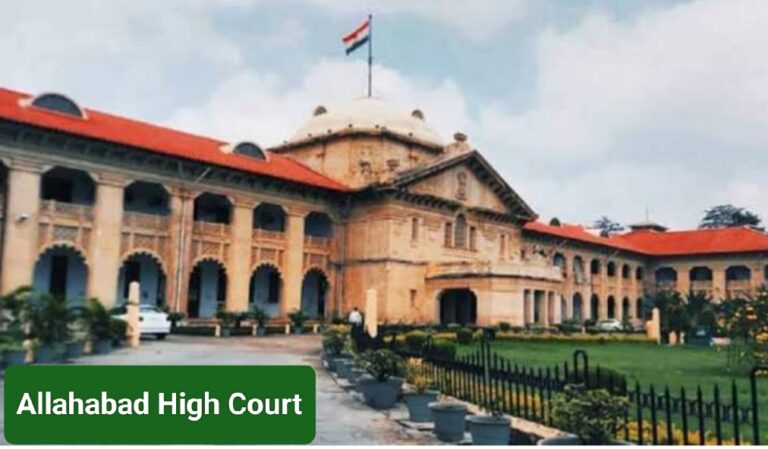The court emphasizing that taxpayers must present comprehensive evidence, including details of the selling dealer, freight payments, and vehicle information, to prove the physical movement of goods and the genuineness of the transaction.
In a landmark ruling in case of M/S Anil Rice Mill Vs. State Of U.P. And 2 Others (WRIT TAX No. – 886 of 2023), the Allahabad High Court recently held that producing tax invoices, e-way bills, Goods Receipts (GR), or payment details alone is insufficient to prove the actual physical movement of goods for the purpose of claiming Input Tax Credit (ITC) under Section 16 of the Goods and Services Tax (GST) Act, 2017. The court emphasized that compliance with all procedural requirements must be coupled with proof of actual delivery of goods to establish the genuineness of the transaction.
Section 16 of the GST Act, 2017
Section 16 of the GST Act outlines the conditions under which a taxpayer is eligible to claim ITC. Section 16(2) mandates that taxpayers must have tax invoices, debit notes, or other tax-paying documents to support their claim for ITC. However, the recent ruling clarifies that documentary evidence alone is not sufficient; the physical movement of goods must be clearly established.
Section 74 of the GST Act, 2017
Section 74 grants the proper officer the authority to determine tax and penalties in cases where tax has been short-paid, incorrectly refunded, or where ITC has been fraudulently claimed. This section is invoked when tax evasion involves fraudulent activities, misstatements, or suppression of facts.
Also Read: Madras High Court Permits One-Day GSTR-3B Delay, Quashes ITC Reversal Notice
Case Background
The petitioner, engaged in the business of reselling and purchasing peanuts, Galla, and paddy, was served a notice under Section 74 for unlawfully claiming ITC for the months of June, July, August, and September in the fiscal year 2020-21. The tax authorities rejected the petitioner’s explanations and imposed a tax liability of Rs. 20,31,775, along with an equivalent amount as a penalty.
Petitioner’s Arguments
The petitioner’s counsel argued that the goods were purchased using valid tax invoices, and payments were made through banking channels. It was contended that the petitioner should not be penalized simply because the selling dealer failed to produce evidence of the purchases. The counsel further argued that once GST had been paid on the invoices, the petitioner could not be denied ITC, as doing so would result in double taxation.
Respondent’s Arguments
The department countered that the ITC had been claimed on the basis of bogus invoices, without actual physical movement of goods. It was emphasized that the burden of proof regarding the genuineness of the transaction lay with the petitioner, who had failed to meet this obligation.
Also Read: Madras HC Cancels the Suspension of CTO as He is Not Bound to Physically Verify GST E-Way Bills
High Court’s Ruling
Justice Piyush Agrawal upheld the penalty, noting that while the petitioner had submitted tax invoices, e-way bills, and proof of payment through banking channels, they had failed to provide additional evidence to substantiate the actual movement of goods. Crucial details, such as freight charges, toll receipts, vehicle numbers, and acknowledgment of delivery, were missing from the records.
The court cited the Supreme Court’s decision in the case of State of Karnataka vs. M/s Ecom Gill Coffee Trading Private Limited, emphasizing that taxpayers must present comprehensive evidence, including details of the selling dealer, freight payments, and vehicle information, to prove the physical movement of goods and the genuineness of the transaction.
Conclusion
The Allahabad High Court dismissed the writ petition, stating that the petitioner had failed to provide convincing evidence of the physical movement of goods, which is necessary to claim ITC under GST law. The court reinforced that merely submitting invoices and e-way bills does not suffice; the taxpayer must go beyond that to establish the genuineness of the transactions.
READ MORE
GST Slab Changes Delayed: GoM Members Hint at Lack of Consensus on Reforms
